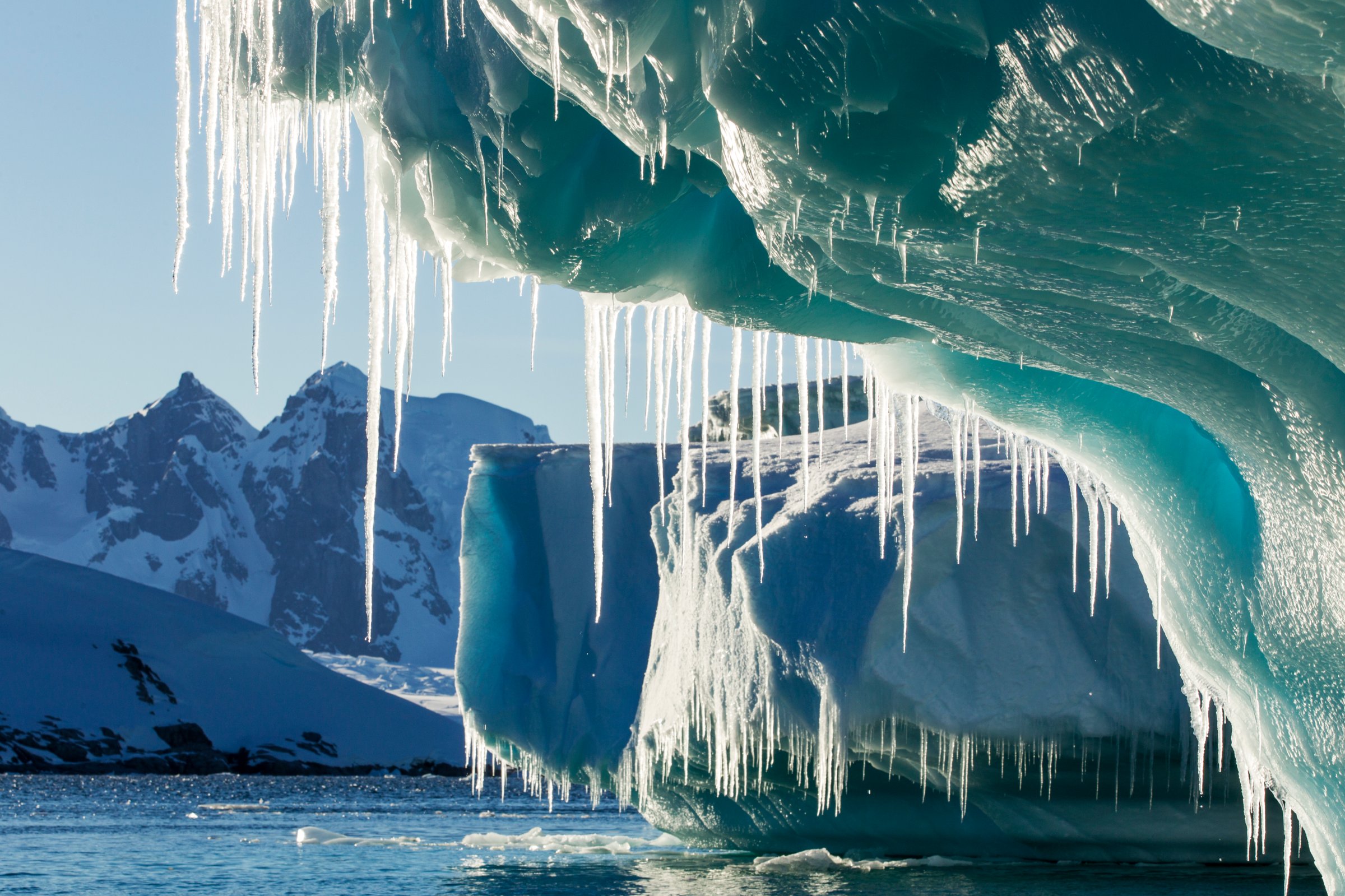
Melting ice from one of Antarctica’s largest glaciers due to climate change could raise global sea levels by more than 2 meters (6.6 feet), according to new research.
The study, published in the journal Nature, relies on data on past ice levels of the Totten Glacier in East Antarctica to evaluate the rate of melting. Without intense efforts to stem man-made global warming, the glacier’s melting process could cross the point of no return within the next 100 years, according to report. The result would add more than 6.6 feet (2 meters) of sea level rise over the coming several centuries, in addition to several feet of rise from other sources.
“The evidence coming together is painting a picture of East Antarctica being much more vulnerable to a warming environment than we thought,” said study author Martin Siegert, an Imperial College London researcher, in a press release. “This is something we should worry about.”
Read More: See How Your City May Be Affected by Rising Sea Levels
The contribution of ice melt to sea level rise is the topic of frequent attention from academic researchers, but most studies of Antarctica has focused on the more vulnerable western part of the continent. Another study published in Nature this year shows that global sea levels may rise 3.5 feet (1.1 meters) by the end of this century and 40 feet (13 meters) by 2500 without action.
Sea levels rose more than five inches during the 20th century, faster than any time in the previous 2,800 years, according to recent research. And, while a few inches—or even a few feet—may not sound substantial, higher sea levels will contribute to increased flooding during storms and at high tide far before they completely sink the world’s many coastal cities.
The world’s leading emitters have all committed to reduce their greenhouse gas emissions in an attempt to slow man-made global warming, but a slew of recent research has led many to wonder whether meeting the goal of keeping temperatures from rising more than 2°C (3.6°F) by 2100 will be too little too late.
More Must-Reads from TIME
- Why Trump’s Message Worked on Latino Men
- What Trump’s Win Could Mean for Housing
- The 100 Must-Read Books of 2024
- Sleep Doctors Share the 1 Tip That’s Changed Their Lives
- Column: Let’s Bring Back Romance
- What It’s Like to Have Long COVID As a Kid
- FX’s Say Nothing Is the Must-Watch Political Thriller of 2024
- Merle Bombardieri Is Helping People Make the Baby Decision
Write to Justin Worland at justin.worland@time.com